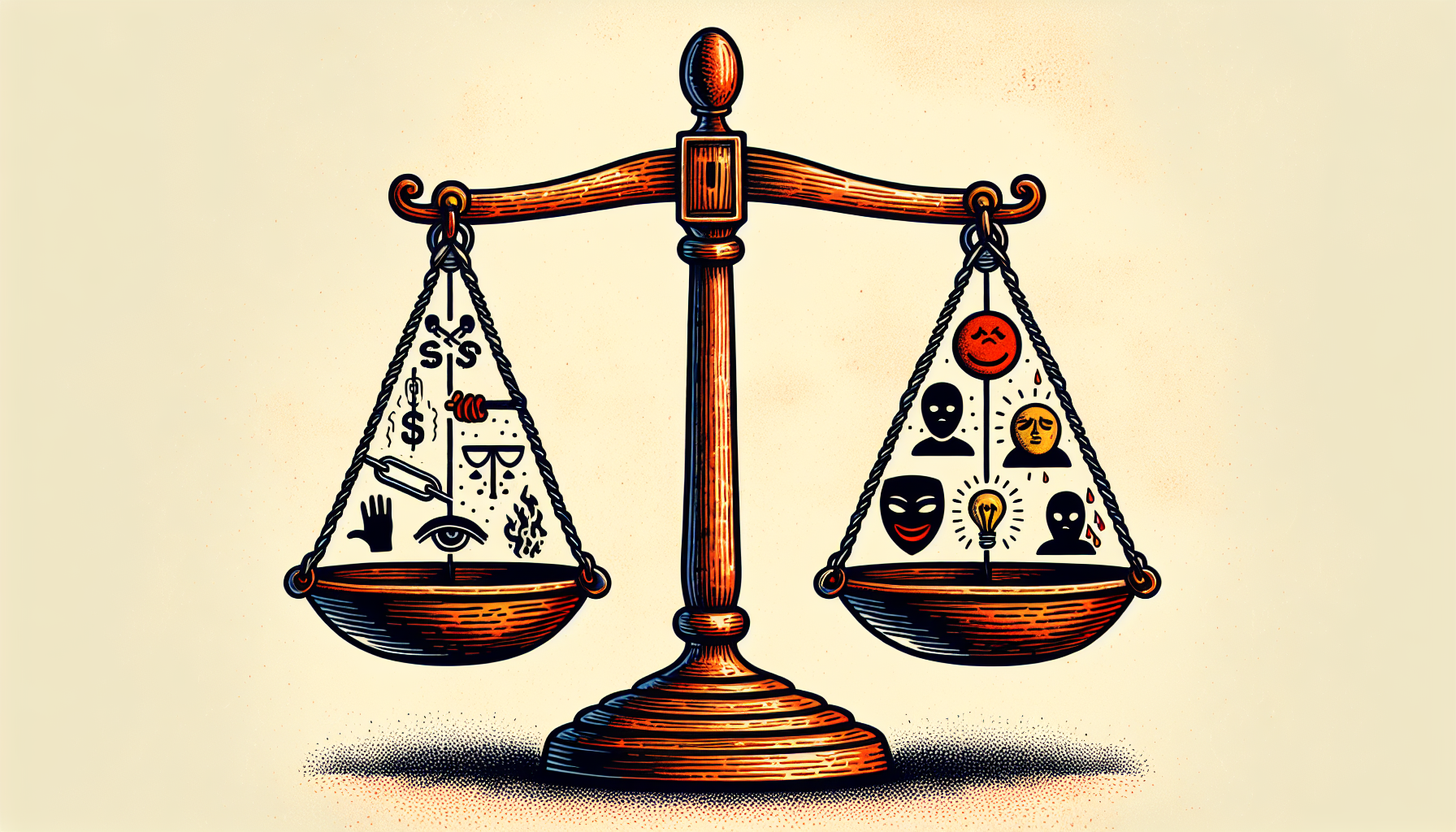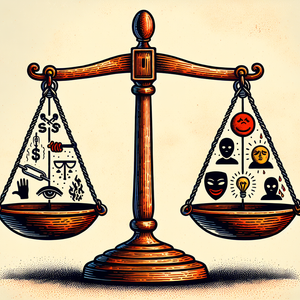The Art of Influence: Koch Brothers and Political Funding

The Koch brothers’ foray into political funding began in earnest in the 1980s. Motivated by a libertarian ideology grounded in free-market capitalism, they sought to promote policies aligned with their beliefs. Initially, their contributions were modest, primarily supporting candidates who championed deregulation and tax cuts. However, as their wealth grew—Koch Industries, founded in 1940 by their father Fred Koch, grew into one of the largest privately held companies in the U.S.—so did their political ambitions. By the early 2000s, the Koch brothers were making significant donations to both Republican candidates and organizations, establishing themselves as key players in the political arena. One pivotal moment in their political journey was their involvement in the 2010 midterm elections, coinciding with the Supreme Court’s landmark ruling in Citizens United v. FEC. This decision allowed for unlimited independent expenditures in political campaigns, effectively unleashing a torrent of corporate money into American politics. The Koch brothers seized this opportunity, launching the "Koch Network," a vast web of donors and organizations aimed at influencing political outcomes and policy discussions.
Funding Political Campaigns
The Koch brothers have been strategic in their political contributions, focusing on candidates who align with their vision of limited government and free-market principles. They have funded a range of political campaigns, from local races to presidential elections. Notably, they supported candidates like Scott Walker in Wisconsin and Marco Rubio during the 2016 Republican primaries, seeking to advance their agenda through the election of like-minded officials. Their financial influence extends beyond direct contributions. The Koch brothers have invested heavily in super PACs and dark money groups, which can operate without disclosing their donors. Organizations like Americans for Prosperity (AFP), founded by the Koch brothers, have played a crucial role in mobilizing grassroots support for various political initiatives and candidates. AFP has spent hundreds of millions of dollars on advertising, voter outreach, and lobbying efforts, making it one of the most influential political entities in the United States.
Shaping Policy Through Think Tanks
In addition to funding candidates, the Koch brothers have strategically invested in think tanks that promote their ideological beliefs. Institutions such as the Cato Institute and the Mercatus Center have received substantial financial support from Koch Industries and its affiliates. These think tanks produce research and policy proposals that advocate for deregulation, tax reforms, and free-market solutions to social and economic issues. The Koch brothers’ funding of think tanks serves a dual purpose: it not only bolsters their political agenda but also lends credibility to their ideas. By promoting research that aligns with their beliefs, they can influence public opinion and policymakers in a subtle yet powerful way. This approach allows them to shape the national conversation around critical issues, often framing the debate in terms that favor their economic philosophy.
Grassroots Movements and Activism
The Koch brothers have also invested in grassroots movements to further their political influence. By funding local initiatives and organizations, they have sought to mobilize citizens around specific issues, such as tax cuts, healthcare reform, and education. The Koch network has effectively harnessed the power of community organizing to create a groundswell of support for their initiatives. One notable example is their promotion of school choice and charter schools, which has garnered significant attention and support in various states. The Koch brothers have funded campaigns advocating for educational reforms, positioning themselves as champions of parental choice while simultaneously advancing their broader ideological goals. This grassroots approach reflects their understanding that influence is not solely derived from financial power but also from direct engagement with the electorate.
The Koch brothers’ transformation of financial success into political influence is a testament to the complex interplay between wealth and politics in America. Through strategic investments in political campaigns, think tanks, and grassroots movements, they have reshaped the political landscape to align with their libertarian ideology. While their influence has sparked significant debate and controversy, it underscores the growing role of money in American democracy. As the debate around the influence of money in politics continues, the case of the Koch brothers highlights the necessity of transparency and accountability in political funding. Moving forward, understanding the impact of entities like the Koch brothers will be essential in addressing the challenges posed by the intersection of wealth and power in the political arena. In a democracy, the voices of the many must not be drowned out by the interests of the few, making it imperative for citizens to remain vigilant about the influence of money in shaping their governance.
Political Campaign Manager
Political parties, candidate campaigns, advocacy groups
Job Description
Develop and implement strategies for political campaigns, including fundraising, voter outreach, and messaging.
Coordinate volunteers and staff to ensure smooth campaign operations and adherence to timelines.
Required Skills
Strong leadership, communication, and organizational skills
Experience in political campaign management or grassroots organizing
Public Policy Analyst
Think tanks, government agencies, non-profit organizations
Job Description
Conduct research and analysis on policy issues, evaluating the impacts of proposed legislation on various stakeholders.
Prepare reports and policy briefs to inform decision-makers and advocate for specific policy changes.
Required Skills
Strong analytical and writing skills
Experience in economic analysis, data interpretation, and familiarity with legislative processes
Grassroots Organizer
Non-profit organizations, political action committees, labor unions
Job Description
Mobilize community members through outreach efforts, events, and coalition-building to advocate for specific policy issues.
Develop strategic plans to engage and empower citizens in local political processes and initiatives.
Required Skills
Excellent communication and interpersonal skills
Experience in community organizing or activism
Ability to work collaboratively with diverse groups
Political Fundraising Consultant
Political campaigns, non-profit organizations, consulting firms
Job Description
Advise political candidates and organizations on fundraising strategies, including donor outreach and event planning.
Analyze fundraising data to develop targeted campaigns that maximize contributions.
Required Skills
Strong networking and relationship-building abilities
Experience in fundraising within the political sector
Knowledge of campaign finance laws
Research Associate at a Think Tank
Think tanks, research institutions, academic organizations
Job Description
Support research projects by collecting data, conducting literature reviews, and assisting in the preparation of publications focused on economic or social policy.
Collaborate with senior researchers to contribute to policy recommendations and public outreach efforts.
Required Skills
Strong research and analytical skills
Familiarity with statistical software and economic modeling
Relevant educational background in public policy or economics


